Current Titles
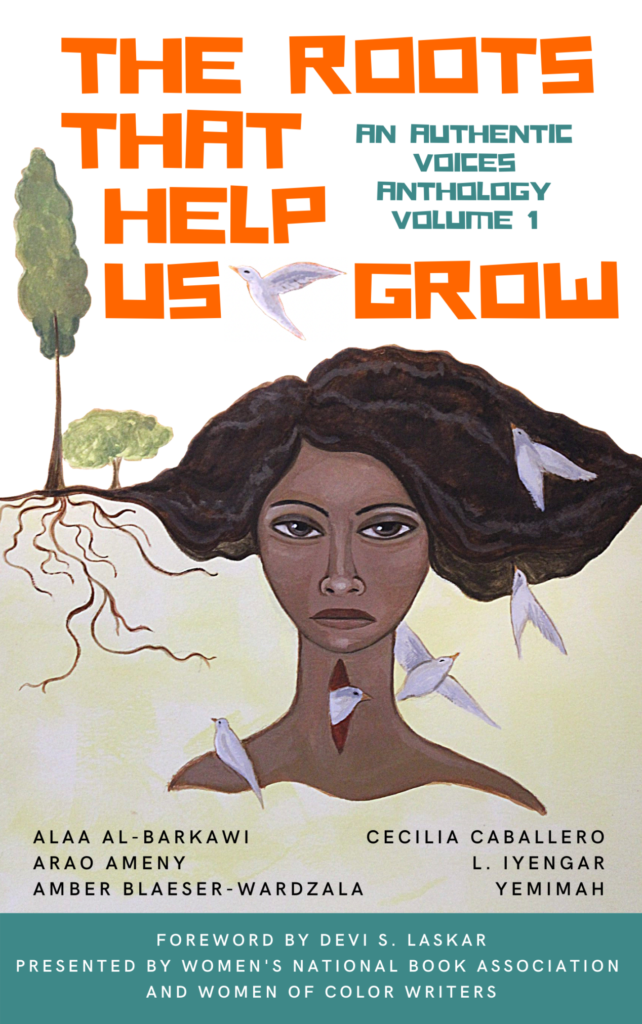
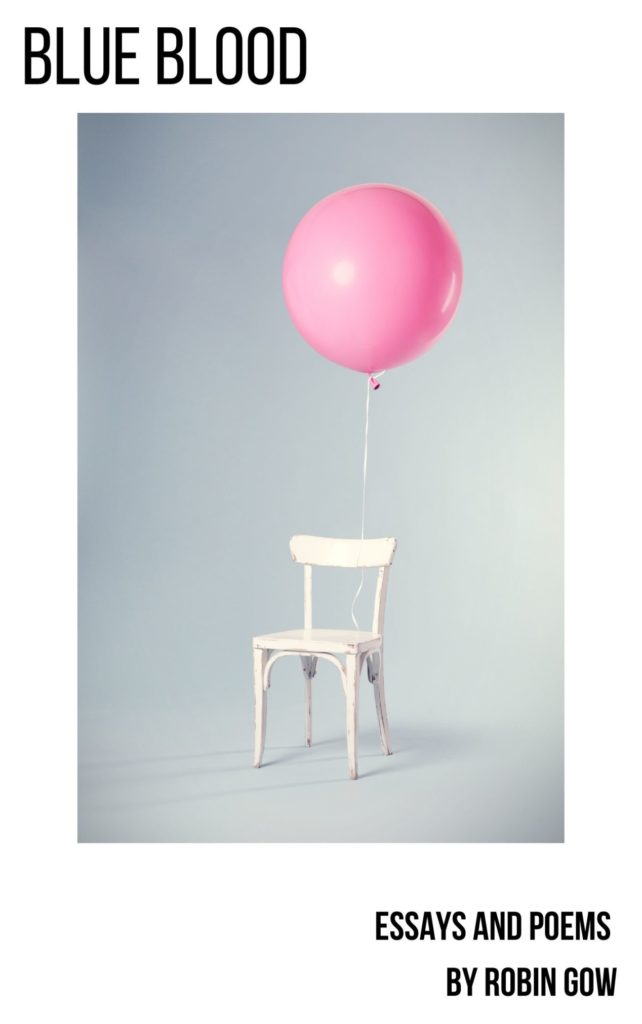
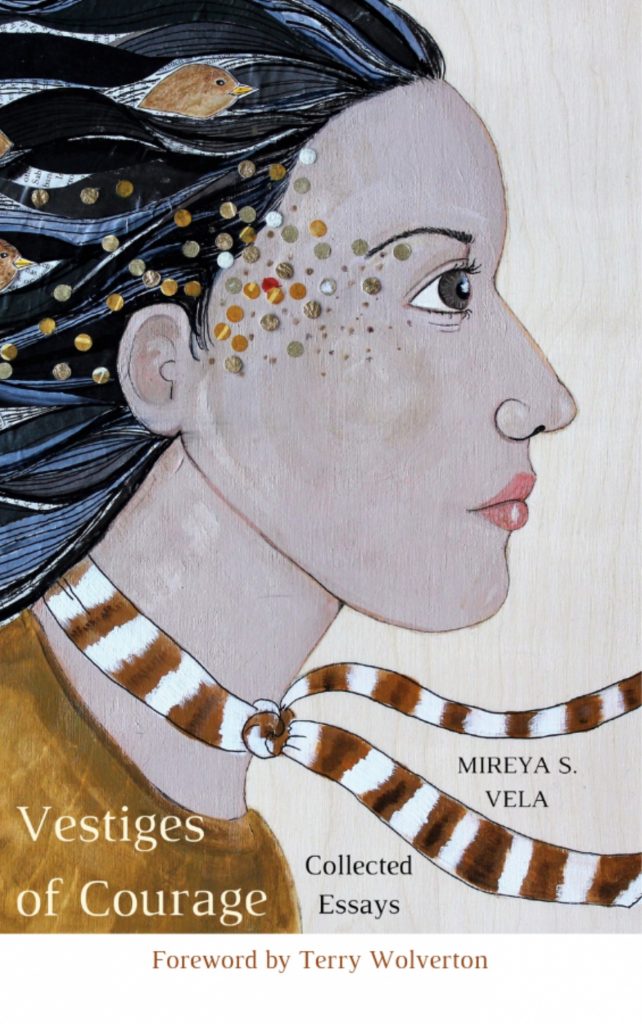
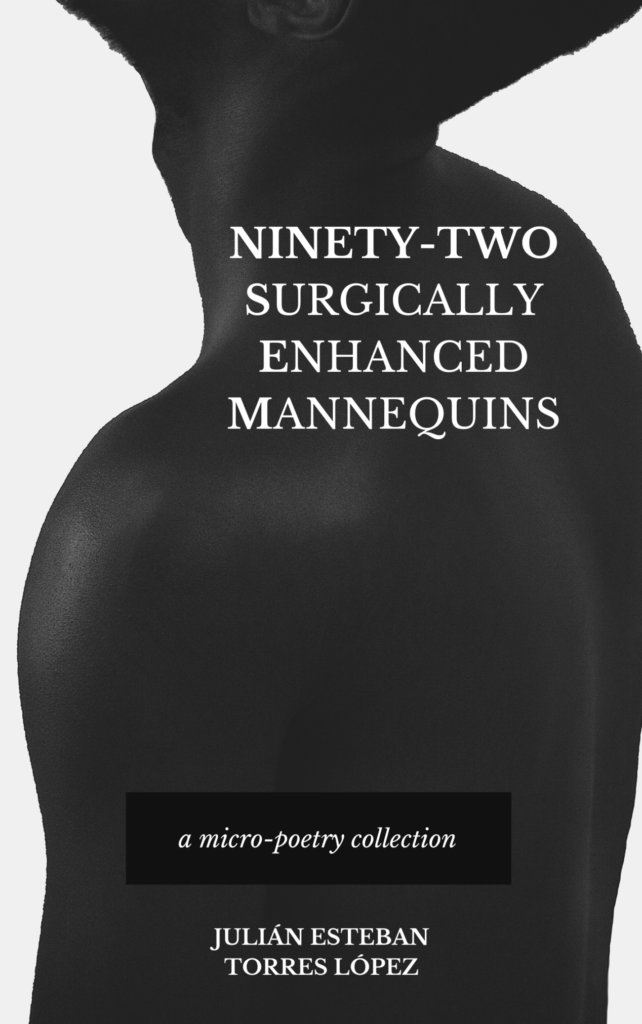
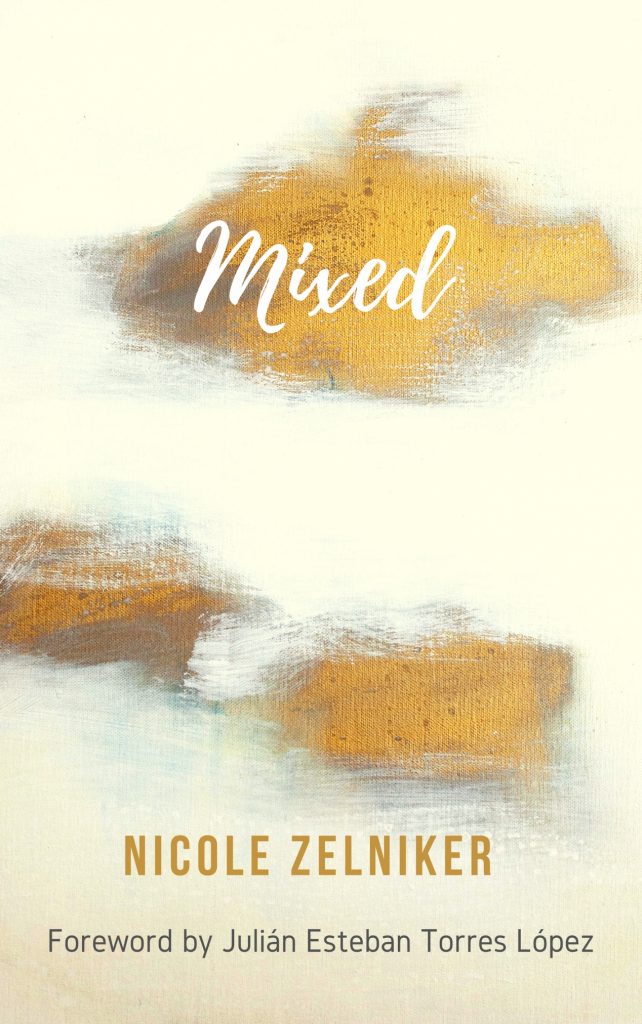
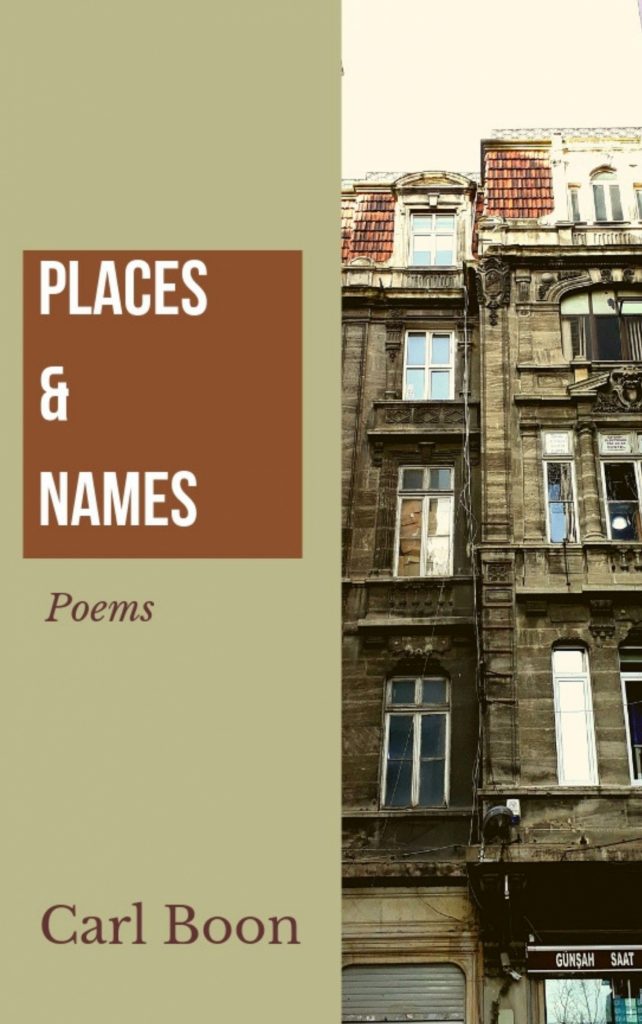
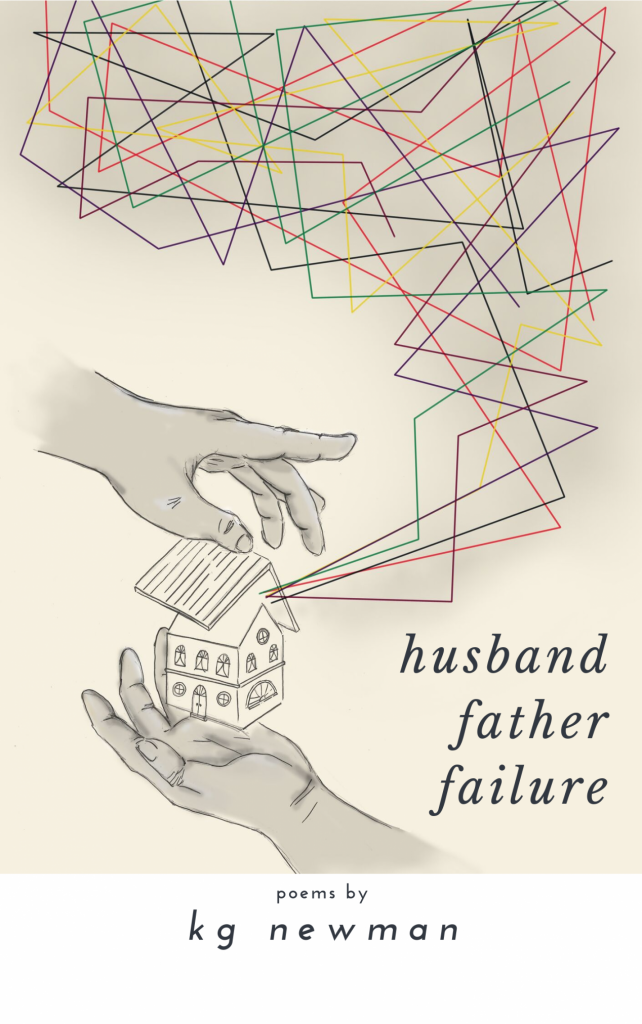

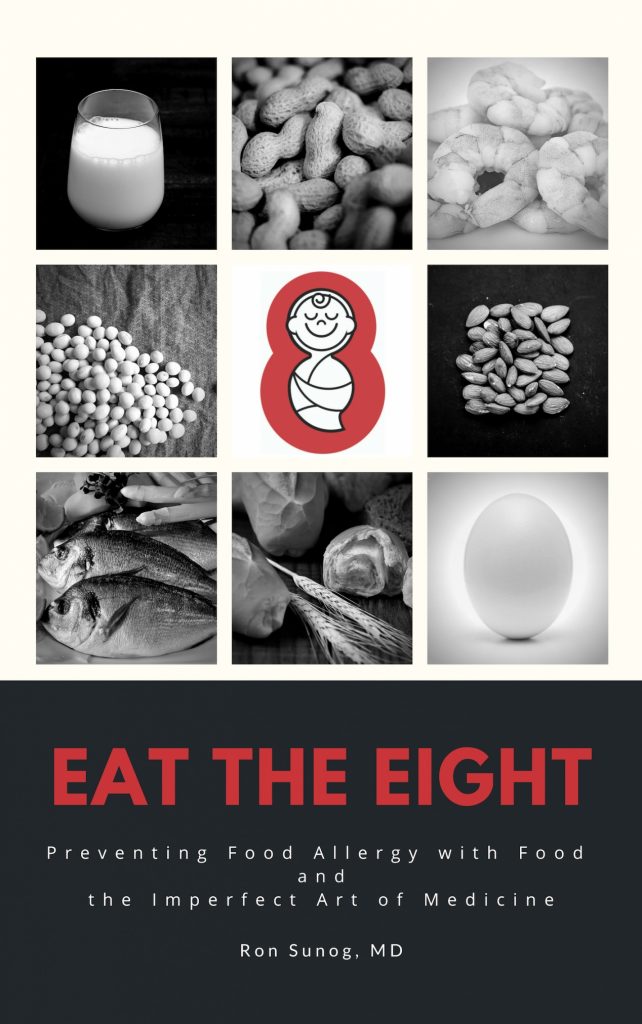

Transitioning out of the white gaze to become more authentic. Our communities are complex. We are complex. The Authentic Voices Fellowship, fostered by the Women’s National Book Association and the Women of Color Writers organization, seeks to bring BIPOC women to a deeper level of inclusion in the publishing industry and the literary world at large. Through the words of these inaugural fellows, the reader may understand how telling these stories — despite the tragedy, trauma, injustice, political movements, language barriers, and grief involved — allows one to root more deeply into a heritage that helps us grow.
• Devi S. Laskar, Foreword
• Natalie Obando, Introduction
• Alaa Al-Barkawi, “A Disappearance”
• Amber Blaeser-Wardzala, “What Comes After”
• L. Iyengar, “Life Cycles”
• Yemimah, “Far Above Rubies”
• Cecilia Caballero, “A Starburst Within Myself”
• Arao Ameny, “Tangawizi”
We all begin in water and are called back to the water. Blue Blood challenges the rhetoric that trans people are “unnatural” through captivating verses about metamorphosis and meditations on the concept of home. Robin Gow invites readers to resist imposed gender roles and to celebrate identity; to question what their own body means to them.
The definition of families is widening, whether it’s because of mixed-race relationships, interracial adoption, or numerous other factors. Today, it is important to hear from a growing population about race, their shifting identities, and what family means to them. At the heart of the issue are the mixed-race families. Many mixed-race children have had difficulties fitting in, whether with one race or the other. In mixed-race relationships, one partner may face racism, while the other may not, or else they will experience racism in different ways. Children who have been adopted into families that identify as a race that is not theirs often find that they struggle to fit in with their families as well as with people who identify as their own race. Not only are these families navigating US American culture at large, but they also must navigate their own family structures and what it means to be mixed.
Vestiges of Courage is a collection of personal essays that explores inequities and injustice. Raised between two cultures and two languages, Mireya S. Vela discusses how the systems in her family and in society worked to create an abusive environment that felt crushing, confusing, and hopeless. In her book, Ms. Vela delineates her experience of living through sexual, physical, and emotional abuse. This book is much more than a collection of experiences, though. Ms. Vela wants to know how and why abuse thrived in her family. She digs deep to understand why these things happened and how she survived.
The ninety-two minimalist, at times surrealist and magical realist, pieces tackle the absurdity of what it means to be human and honor how moments, not plots, compose our lives. The collection is an attempt to capture these fleeting moments, while also trying to remember the intensity of the mundane and the abyss of the beautiful.
The poems in Carl Boon’s debut collection, Places & Names, coalesce two kinds of history—the factual and the imagined—to produce a kind of intimacy that is greater than either fact or imagination. It is this sense of intimacy that brings the poems to life. We encounter real places sometimes—places we see on maps and highway signs—but also places that exist only in the imagination. We encounter names that are both recognizable and almost—or barely—remembered at all: Robert E. Lee next to one of a thousand men named Jackson who went to fight in Vietnam; Jorge Luis Borges next to an unknown boy from Clarita, Oklahoma, who himself would become a poet someday; a man who wishes he were Rocky Marciano hammering the heavy bag in Northeast Ohio, hungry for more than beans or soup. And suddenly it becomes clear how intimately connected in this collection these places and names are as we range from Saigon to northern Iraq; Athens, Ohio, to Libya; Ankara to Pittsburgh; and a strange, sleepy place called Pomegranate Town where someone’s infant dozes in the back of a car on a seaside highway. The people who inhabit these places seem, in a sense, to become those places, inseparable from their geographies and histories, often unable to escape, bound by memory, nostalgia, and tradition.
In Husband Father Failure, KG Newman explores love as metered sacrifice. In the tinted mirror of self-reflection, marriage and commitment are gauged on leverage and endurance while fatherhood — and a morphing understanding of it — is an equalizer, the bond that humbles and keeps him hanging on. From the kitchen to the front yard, from the mountainside to worn sandlots across suburbia — from a gift of life to a plea of guilt — Newman reminds the reader of the fragility of emotion, the irreversible risk of love, and of the perils and rewards of investing in the modern American family.
Prolonged war has drained Colombia of its most essential natural and human resources and has created an aggressive and vengeful environment of resentment and resistance. Though the second oldest democracy in the hemisphere, an effective modern nation-state has never existed. Its 200+ years of so-called democracy have been a farce given Colombia’s feudalist innards and fascist corporatism exoskeleton.
Further, the continuing armed conflict is exacerbated by the country’s historical lack of hegemony, institutionalized and systemic violence, corruption, socio-political exclusion, lack of social mobility opportunities, and foreign intervention. We must curb the traditional might-makes-right conflict resolution method and the state must gain true legitimacy if Colombians are ever to manifest their potential.
In 2015, after a landmark medical study proved that the early inclusion of peanut in the diet of infants prevents peanut allergy, Ron Sunog, MD, set out to develop a great first peanut food for infants. When most physicians and parents did not embrace this important new information, Dr. Sunog was determined to understand why. Eat The Eight examines how difficult it is to acquire and understand good medical evidence, the complex web of reason and emotion through which people filter medical information, and the imperative to thoughtfully temper the science of medicine with the art of medicine. Parents will learn how a healthful diet can be key to reducing their infant’s risk of developing food allergy.
In this long-form essay, Julián Esteban Torres López dissects Karl Marx’s writings to make explicit a Marxian Humanitarian Theory. Torres López surveys and analyzes Marx’s work on violence, revolution, and the treatment of human life, and concludes that not only did Marx see the possibility that socialism and communism could be achieved by peaceful means, but that it should be done so.
Torres López challenges the mainstream notion that Marxism has always been a war-machine that leads to tyrannical, authoritarian, and anti-democratic regimes. Instead, Torres López argues that actualizing human potential, while still treating the individual as an end, was the goal Marx endorsed. As Marx got older, he became more moderate in his justifications of violence, and he more intensely adopted the view that humans deserve to be afforded dignity and treated as ends.
However, though Marx hoped the road to socialism and communism would not be stained with blood, in most places in the world, he believed, violence used as self-defense would be the lever of revolutions. Nevertheless, though the end may justify force under specific circumstances, much hinges on the uncertainty of the realization of those very ends.